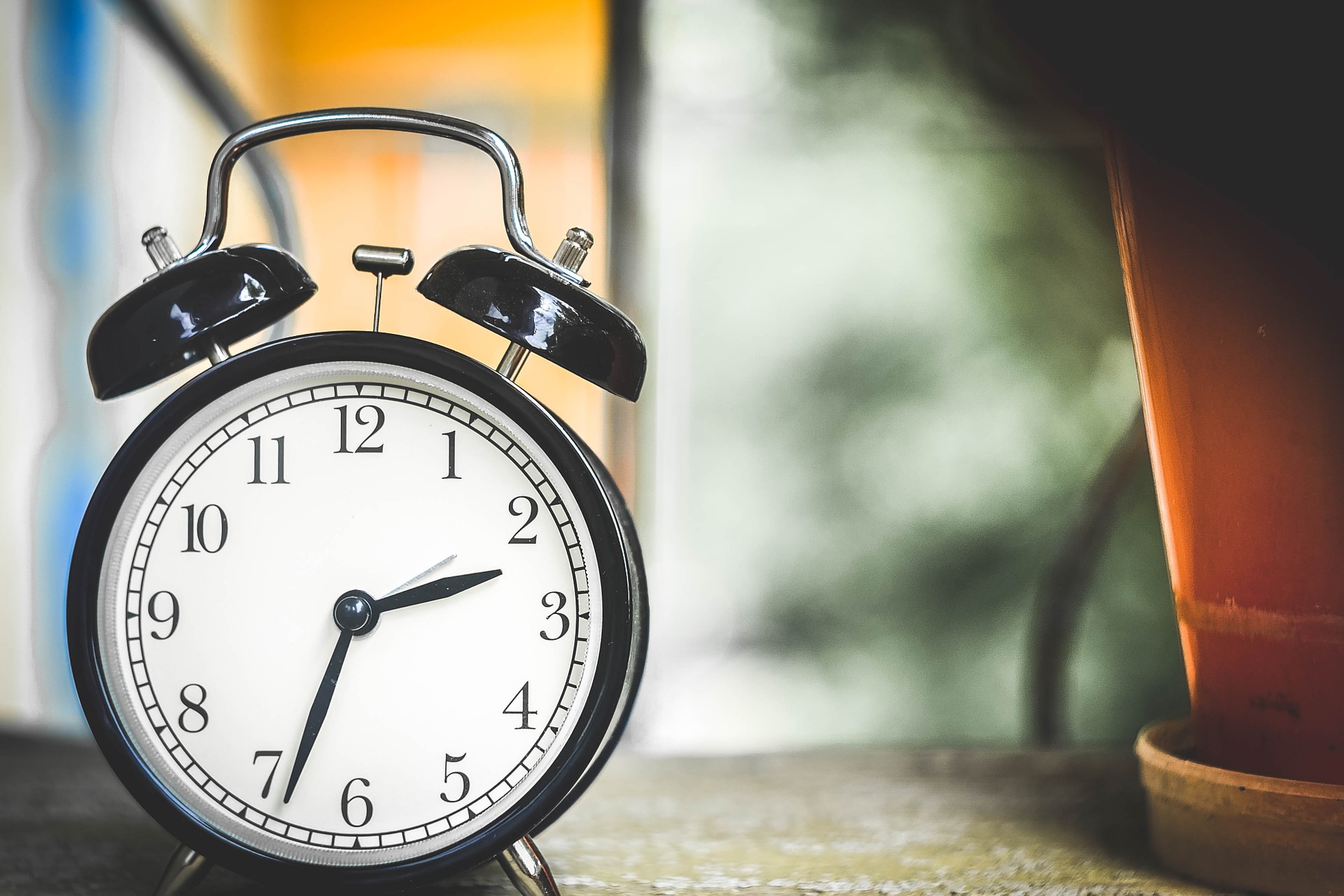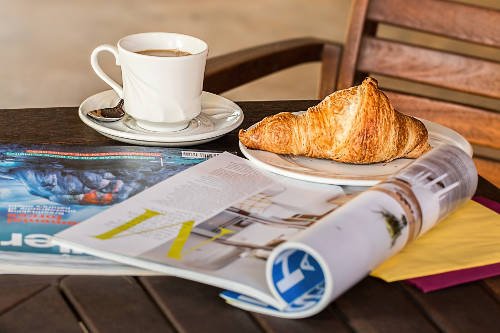How to Practice Creatively Part 6: Short Sessions
Have you ever been working really hard on a project for a long period of time, and you just needed to get up and walk away from it for a bit? Perhaps when there was a good place to stop, like at the end of a segment, you went to the kitchen grab a cup of tea and a snack, or walked outside to get some fresh air. Then upon returning, you were ready to tackle the next section of the project. That’s what I just did before sitting down to write this next article.
There’s something that I’ve learned about myself: I tend to obsess about things. I’ll get it in my mind to do a project of some kind, I’ll start planning in my mind or on paper what the project entails and come up with a plan on how to complete it. Then I get to work…and usually that means nonstop until I have to do something else like eat, or teach, or pay attention to my husband – only the bare minimums! Then then next day starts it all over again, until finally, I complete the project. This method is great for accomplishing discrete tasks, but not so much when it’s an open-ended task or one that can take several months to accomplish – like learning a piano piece.

Marathon Practicing
Now I’ve never been one to practice for hours on end regularly. Every once in a while I’d just have to sit down for a couple of hours and play through whatever I was going through emotionally at the time. But for regular, daily practice, I just couldn’t do it. Of course, when I was a kid it really was all that I was equipped to handle at the time. But as an adult – as a teacher – now the stakes are a bit higher, and so are my expectations. Still, it was hard to strike that balance of how long should I practice? I would still fluctuate between really long sessions when I had the time, and squeezing in whatever I could in between students when I was busy with opera or composing.
Thankfully, in those times where I didn’t have the time to devote to practicing piano, I learned to be very efficient with what I could do. And also I learned something about how the brain retains information. In this article, I will share what I’ve learned to help you structure your practice time in a way that keeps your mind fresh to stay engaged in practicing, while maximizing what you can do with the time you have.
A person who practices for an hour straight learns just as much as a person who practices for (4) 15-minute segments.
For many years, I felt guilty because I was unable to sit for long periods of time – hours – at the piano on a regular basis. I thought maybe something was wrong with me. Maybe I lacked the desire to work at piano at a high level. That thought really scared me because piano has been my companion for so long. To think that I didn’t really care about it enough to continue saddened me to the point that I realized if I didn’t care, I wouldn’t be sad about it. So this sadness was a good thing. Still, what was the source of my inability?
I soon figured it was how I was practicing. I hadn’t yet learned how to practice creatively, but in those busy times when I’d only have 15 minutes to practice a piece, I realized I needed to maximize my time by focusing on one problem. I figured if I could make progress on that one little problem, then I’d be making progress on the piece as a whole. Then I started to really think about how to practice effectively and creatively. My practice sessions certainly became more interesting, but I knew myself well enough once my schedule opened up more to know I still wasn’t going to be able to do hours and hours a day. Then I stumbled on this bit of information: a person who practices for an hour straight learns just as much as a person who practices for (4) 15-minute segments!
Then I started to think, “Hey, I could really sit for 15 minutes and focus on one problem, then take a break, then come back and do a different problem, for a total of 4 practice sessions!” The more I learned about this and experimented with my own practice time, the better my practicing and playing overall became.
Why Short Sessions
What I’ve learned is that there are distinct advantages to taking lots of little breaks:

Even Chopin didn’t appear to promote practicing more than 2-3 hours per day for advanced pianists, and rather insisted on them being focused and alert in their practicing.
Timing and Journaling
Go ahead and time yourself. Set your stopwatch on your phone for 15 minutes and tackle your first problem. Feel free to write down what you do before or after each session in a journal to keep track of actually practicing, and your progress. Also having something to check off your list once you do it feels pretty good.
When your time is up, try to not stop in the middle of something – especially if it’s working – but also try not to go over too much. Use that 15 minute timer as a gauge, but not a hard-and-fast rule. Once you finish what you’re doing, you can either move on to the next task on your list for this piece, or take a moment to get up and walk around. This is just a short break to signal the end of that passage.
Then sit back down and go for another 15 minutes. You can tackle something else in this piece, or you can go onto another piece if you like. After this 15-minute segment is done, take a bit of a longer break. Get something to eat or drink, check email, just do something else for a few minutes. Then return for your next 15-minute segment.
What Short Sessions Look Like
Here’s a breakdown of what my practice sessions look like:
Note that the above schedule encompasses a lot more time than just the time on the bench. If you are under a tight schedule, then some adjustments need to be made, like playing for 15 minutes before work, then resuming practice after work. It’s perfectly OK to break up your day, as long as you feel sufficiently warmed up to play. If not, you may need to do some simple stretches or easy technical exercises to limber up again. Remember, it will be just as effective as one long session if you break it up.

The Importance of Rest

I’ll get into this idea of rest as a part of the learning process in the next article, but it does play a part here in these short practice sessions. For now I’ll just say that rest is really important to solidify learned material. So while those little breaks that you take in between are really helpful, those larger breaks where you actually sleep are completely necessary.
There is only so much progress you can make in one day. Also, you may feel that you are making good progress, and all of a sudden, your next practice session is worse than it’s been in a week! This could be tied in to factors such as stress or your sleep the night before. But generally, practicing a passage of music creatively liked I’ve talked about for 5 days in a row with that sleep in between is kind of like building a brick wall. In order for that brick wall to be solid, it needs a strong foundation. And that comes from good practice and good sleep, over and over again. If there are holes in either of those two processes, then the wall won’t be as sturdy. If a day of practice is missed, that really destroys a lot of what was learned the last time you practiced, so it will be a bit of two steps forward, one step back. Not a great way to go about learning piano, right?

In Part 7, I’ll speak a bit more about daily practice and what that sleep in between does to the brain in the learning process.
What is your practice routine? What times of day work better for you? Share your comments below!
Previous Articles on How to Practice Creatively:
If you enjoyed this post, please follow, upvote, and resteem. I write posts on singing, playing piano, nature, and sometimes cats.

This post received a 15% vote by @minnowsupport courtesy of @isaria from the Minnow Support Project ( @minnowsupport ). Join us in Discord.
Upvoting this comment will help support @minnowsupport.
Thanks, @isaria!
This post has received a 1.04 % upvote from @drotto thanks to: @banjo.
Congratulations @morodiene! You have completed some achievement on Steemit and have been rewarded with new badge(s) :
Click on any badge to view your own Board of Honor on SteemitBoard.
For more information about SteemitBoard, click here
If you no longer want to receive notifications, reply to this comment with the word
STOP